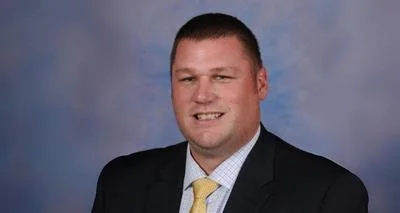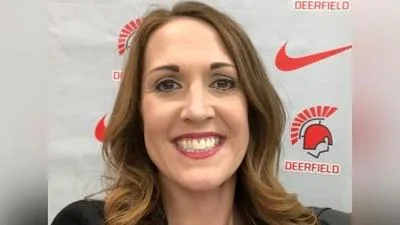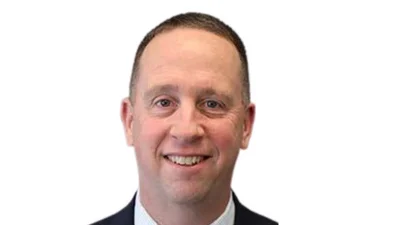House Bill 40 will be a fiscal and moral disaster, a local anti-abortion advocate told the Lake County Gazette.
Bonnie Quirke, president of the Lake County Right to Life, said surveys show people are against spending taxpayer dollars on abortions.
“If you look across the country, and even in Illinois, you will see statistics that run about 60-65 percent of people -- who are either pro-life or people who are pro-choice -- do not want their tax dollars used to pay for abortions, period,” Quirke said.
She also questioned why the state, with no budget and billions of dollars in debt, would pass a bill that will require it to put more money into Medicaid.
“Right now, Medicaid pays for abortions in rape, incest and life of the mother," Quirke said. "We are going to lift that restriction to say it would be unlimited abortion, anytime, all nine months of pregnancy, for any reason, paid for by the taxpayer."
Quirke said conservative estimates show abortions increasing if the bill passes.
“The average cost of an abortion is roughly $500,” Quirke said. “Second and third trimester are up to $1,500, $2,000, depending on who does them and where. You are going to multiple that. You are going to come out about a billion dollars in additional revenue the state has to come up with to pay its bills. That is ridiculous.”
Reps. Carol Sente (D-Vernon Hills) and Sam Yingling (D-Grayslake) supported HB 40; Quirke said they did so because they represent Planned Parenthood, not their constituents.
“I think that representatives Sente and Mr. Yingling are paid for by Planned Parenthood," she said. "They are endorsed by Planned Parenthood. Their election campaigns are finance by Planned Parenthood. So, I think they have been bought."
She pointed out a list of candidates endorsed by Planned Parenthood that included Sente and Yingling.
“If 60 to 70 percent of Illinois taxpayers across the state do not want their tax dollars used for abortions, then obviously they do not represent their constituency," Quirke said.
Quirke said HB40 does not do what good policy should: protect the most vulnerable in society.
“It is forcing a moral involvement in a procedure to the taxpayer that shouldn't be done by legislative decree," she said.






 Alerts Sign-up
Alerts Sign-up